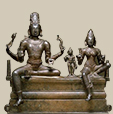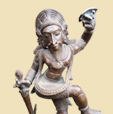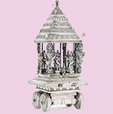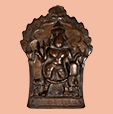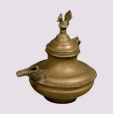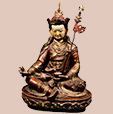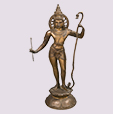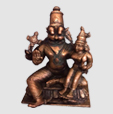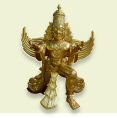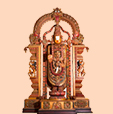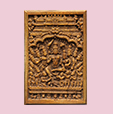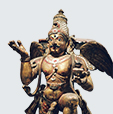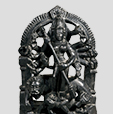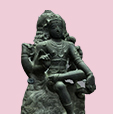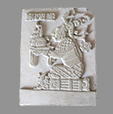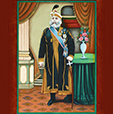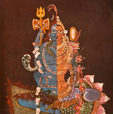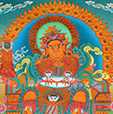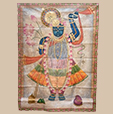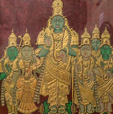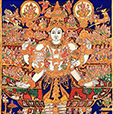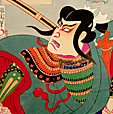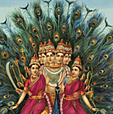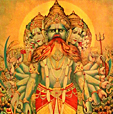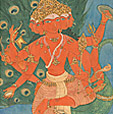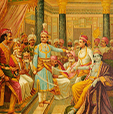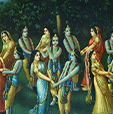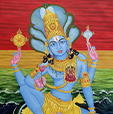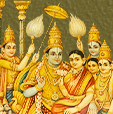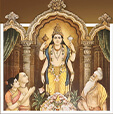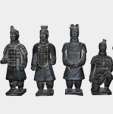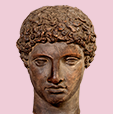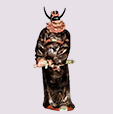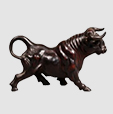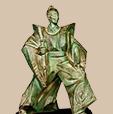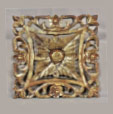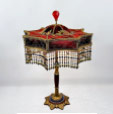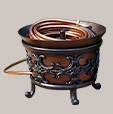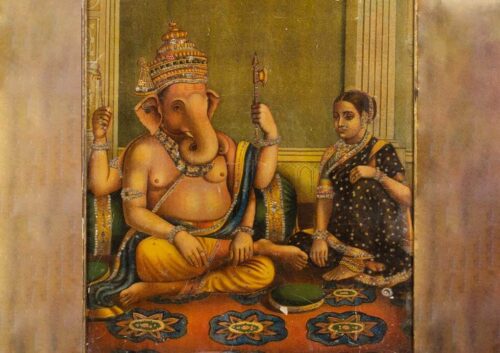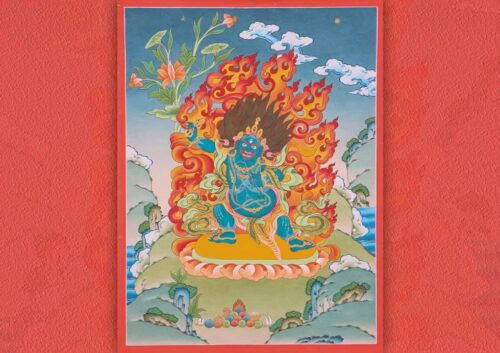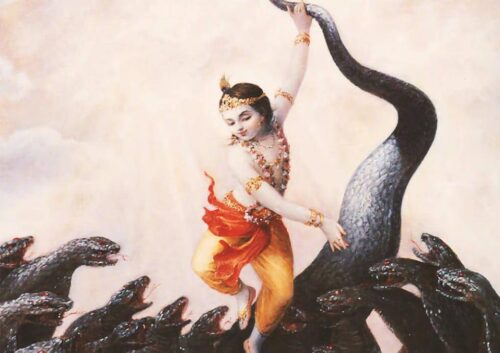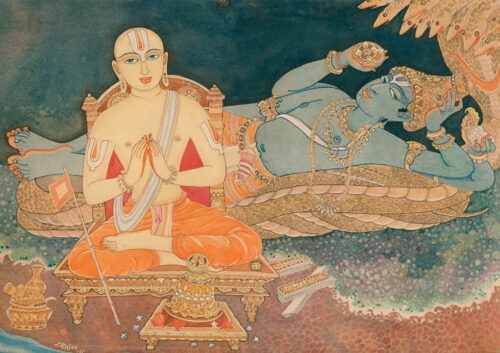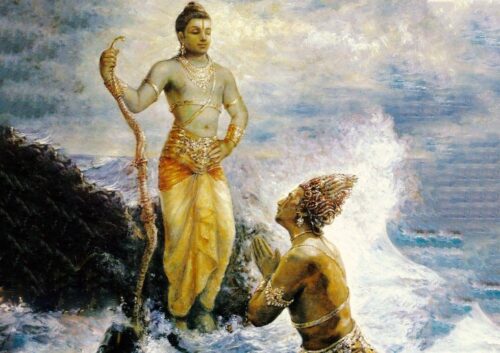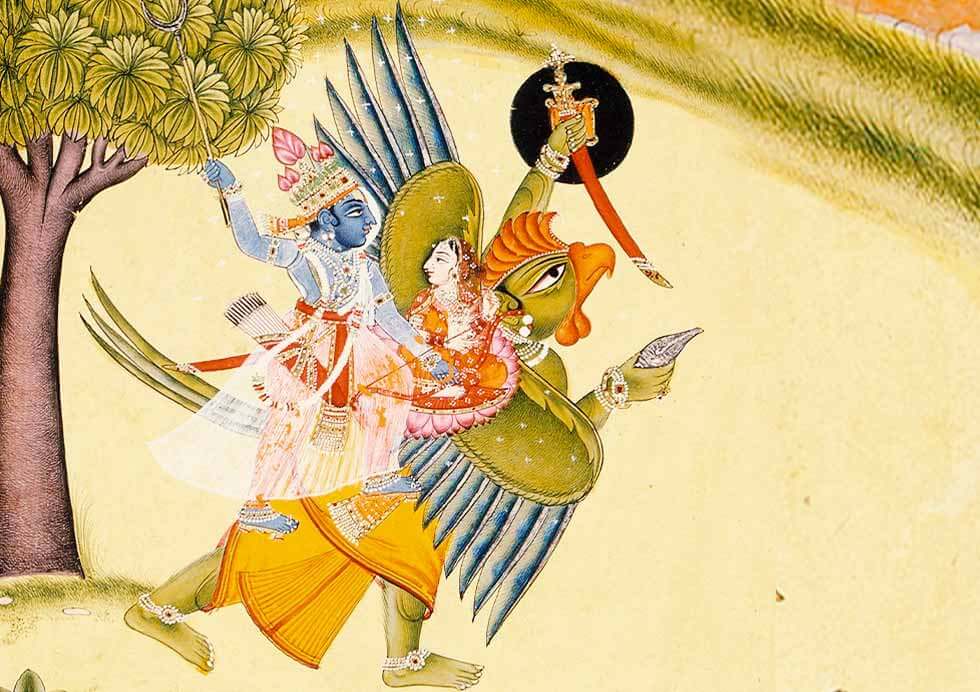

Garuda occupies a profound and significant role within Hindu scriptures, being recognized as the adversary of nagas. Intriguingly, despite this adversarial relationship, he serves as the revered mount of Lord Vishnu. Notably, Lord Vishnu reclines on Sheshnag, a divine serpent, as his couch. This paradoxical coexistence of foes – Garuda, the enemy of nagas, and Sheshnag, the serpent supporting Lord Vishnu – exemplifies the intricate and mysterious nature inherent in Hindu mythology. It reflects the profound depths and subtle nuances embedded in every aspect of these ancient narratives.
In the vast tapestry of Hindu mythology, the tale of how Garuda, the adversary of nagas, became the mount of Lord Vishnu unfolds with both drama and divine intervention.
Born from the sage Kashyapa and Vinata, Garuda displayed astonishing strength and prowess from his very first days. As he grew, his wings stretched so vast they could span the heavens.

Vinata and her sister, Kadru, both wives of sage Kashyapa, desired children of their own. While Kadru wished for a thousand strong serpent sons, Vinata yearned for just two, yet exceptionally powerful. Kashyapa granted their boons, and Vinata patiently awaited the hatching of her two eggs for five hundred years.
Meanwhile, Kadru’s thousand serpent children emerged, leaving Vinata impatient. She broke one of her eggs open prematurely, revealing her partially formed son, Aruna. Enraged by the interruption, Aruna cursed Vinata to become a slave to Kadru for five hundred more years, while he ascended to become the charioteer of the Sun God, Surya.
Alone and enslaved, Vinata waited for the second egg to hatch. Finally, the magnificent Garuda emerged, fully developed and incredibly powerful.
Upon learning the tale of his mother’s plight, Garuda, filled with righteous anger, approached his serpent brothers. He demanded they release Vinata, reminding them of the bond they shared. However, the cunning serpents presented a treacherous challenge – they would release his mother only if he brought them the Amrita, the elixir of immortality, guarded by the powerful gods in the heavens.
Driven by filial love and unwavering loyalty, Garuda embarked on a perilous journey. He soared past celestial guardians, his majestic wings casting shadows on the heavens, and faced unimaginable trials, unwavering in his resolve. Finally, he reached the celestial realm where the Amrita was kept. A fierce battle ensued as the gods, led by Indra, attempted to stop him. Garuda, with his unmatched strength and unparalleled skills, emerged victorious, claiming the Amrita.
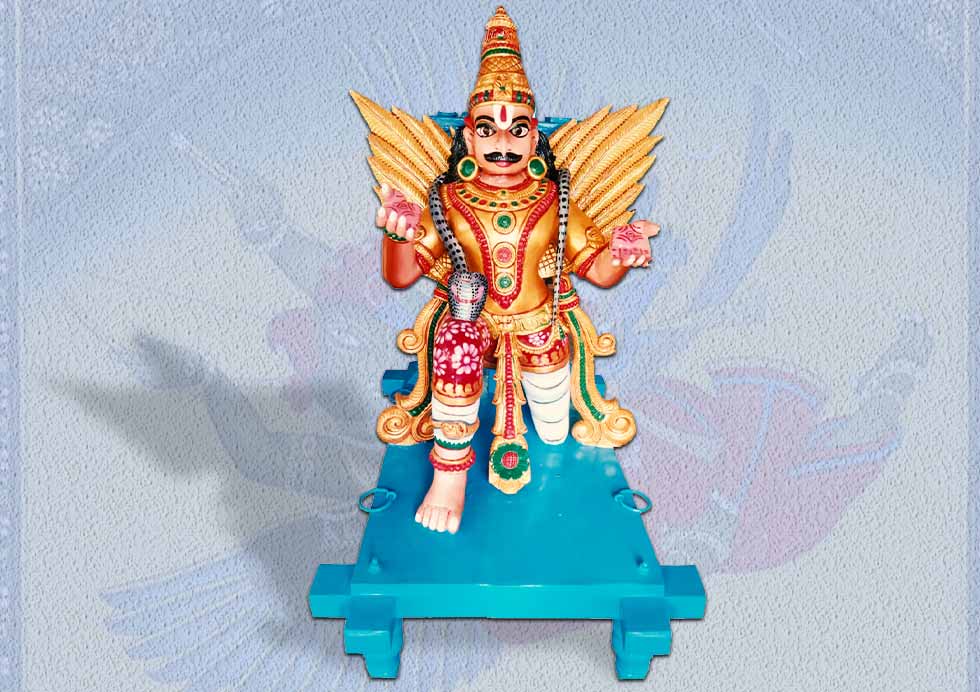
Yet, as Garuda returned to his brothers, fate intervened. He was met by Vishnu, the preserver of the universe, who advised against giving the elixir to the Nagas. He cautioned that such an act would disrupt the balance of power and unleash chaos. Torn between loyalty and the wisdom of Vishnu, Garuda, known for his righteousness, chose to comply.
Furious at their trickery, Garuda returned to the Nagas with the Amrita, only to discover their true intent. As per their agreement, Garuda dipped a single blade of grass in the elixir and sprinkled it on his mother, freeing her from her servitude. Enraged by their betrayal, Garuda unleashed his wrath, a fiery storm consuming the deceitful serpents.
His actions, fueled by a desire to protect his mother and uphold justice, caught the attention of Lord Vishnu. Impressed by his loyalty, strength, and unwavering devotion, Lord Vishnu offered Garuda a choice: eternal life or becoming his loyal mount. Without hesitation, Garuda chose the latter, vowing to forever soar through the heavens as Vishnu’s vehicle, symbolizing the triumph of good over evil, loyalty, and unwavering devotion to one’s convictions.

